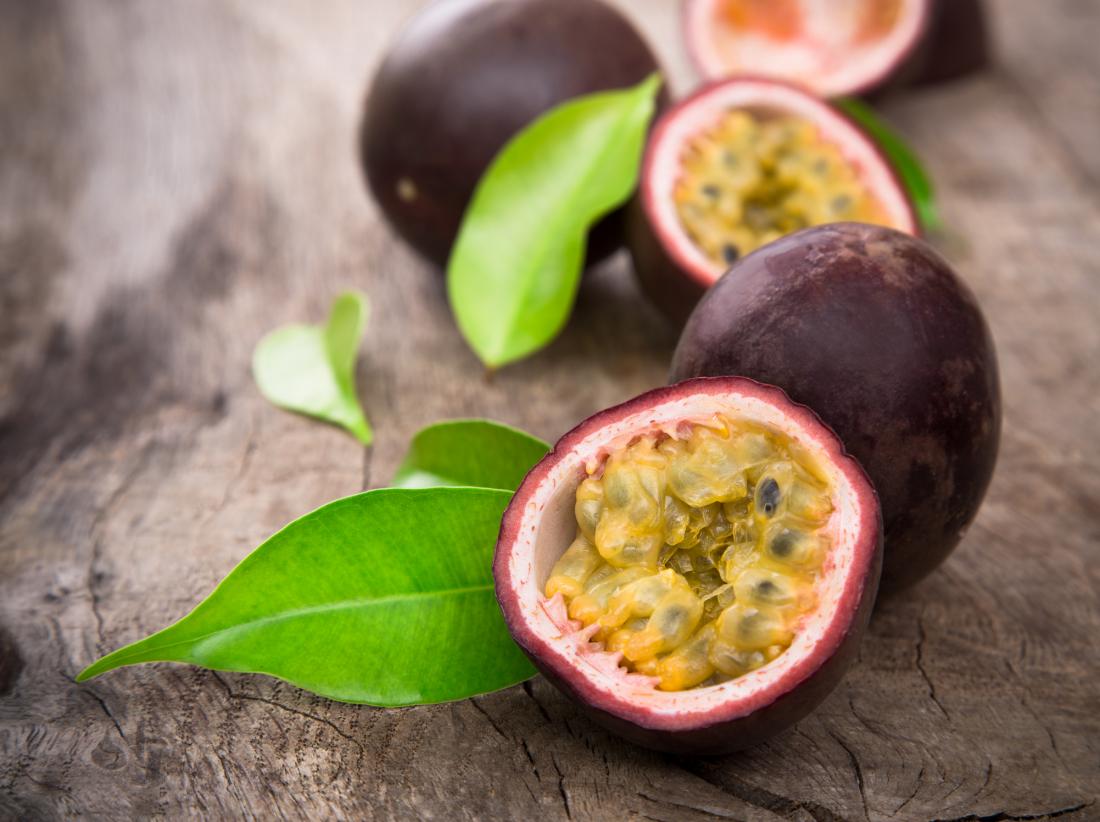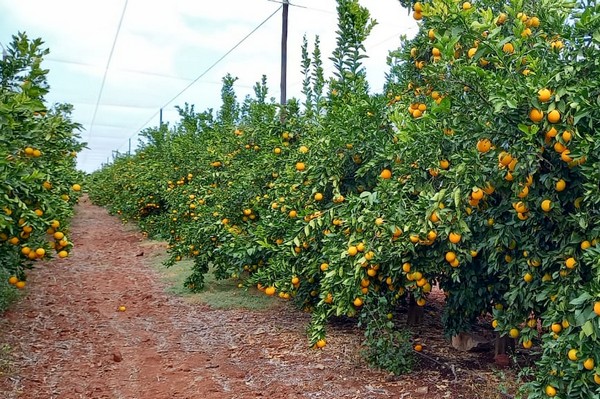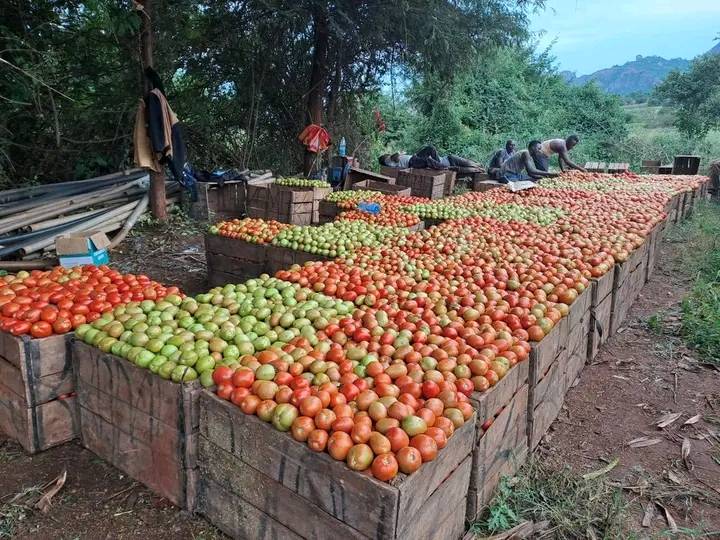When the Egyptian grape season started this year, it seemed to kick off strong. However, prices became a problem as the season went on: “The grape season in Egypt started ten days later than last year. Prices were reasonable for the Flame variety, but unfortunately didn’t hold for long,” says May Salem, general manager for grape and pomegranate exporter FinBi.
“Harvest volumes in the market were plenty, and so were exports requirements by our clients. Exporters looked for high quality to provide the European markets, but this was not met by higher buying prices from European clients. In the end, prices were similar to what they were last season.”
The fact that the increase in input costs is not reflected by the price for selling the grapes, has proven to be really problematic, Salem explains. “The volumes of the Sugraone have been great this season. We’re able to push plenty of product on the market and again high quality was required. The prices however didn’t change compared to last season. The problem is that growers are pressured by the input costs of plastic, fertilizers, pesticides, and labor, while not being compensated for this increase in costs. Demand is present from Europe, East European markets, Asia and some African countries, but prices are still not high enough and the window of opportunity is rather short.”

“In Egypt, pack houses during the grapes season were operating at full capacity. Roads and ports are quite efficient, but the cost of shipping has affected everyone involved in any kind of trade. The margins are being eaten away by input costs.”
Once prices started dropping even further, exporters decided to just call it a day and stop their season: “Ten days ago, prices dropped for the Egyptian grapes and as a result, exporters stopped with their season. It was a very short one for the early varieties, Flame and Sugraone. Our company is getting prepared for the next season through a GIZ programme to assist SMEs to export high quality agri and food products to Germany. The initiative started with twenty companies and FinBi is one of them. We are proud to be working with GIZ.” Salem explains.
Credit: Fresh Plaza





